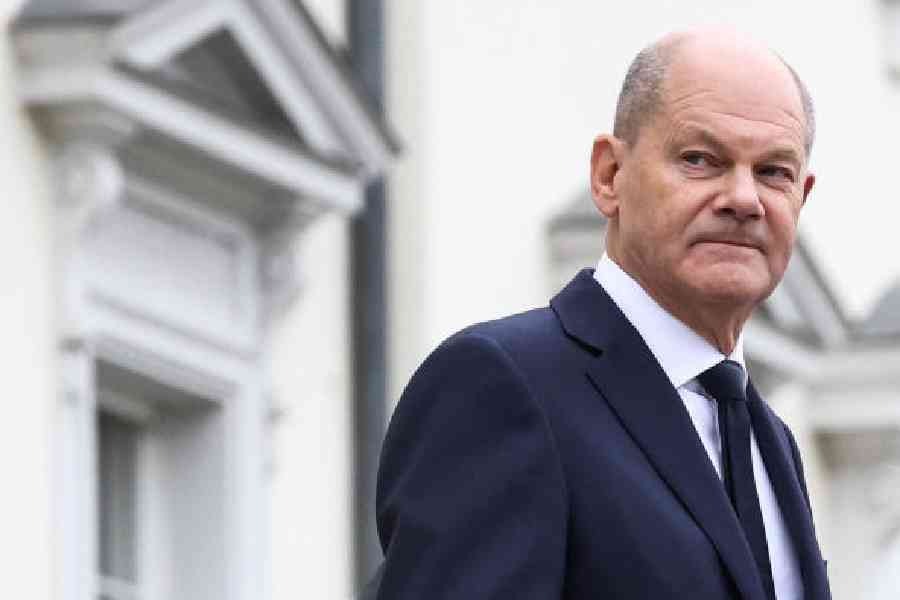Chancellor Olaf Scholz fired his finance minister on Wednesday, effectively ending his three-party ruling coalition and destabilising his Centre-Left government just as the election of Donald J. Trump in the US presented Europe with new economic and security challenges.
“I would have liked to have spared you this difficult decision,” said Scholz during an impromptu news conference in the chancellery on Wednesday evening after several days of talks aimed at salvaging the coalition. “Especially in times like these, when uncertainty is growing,” he added.
Scholz vowed to keep governing until the end of the year and then to demand a confidence vote in parliament in January, a test he may fail. That would open the way for early elections, a rarity in Germany since World War II, possibly in March.
The extraordinary trouble in Berlin leaves the European Union evermore rudderless at a particularly difficult time. France’s government is in a crisis after elections there this year yielded a deadlocked Parliament, and Russia has made important advances on the battlefield in Ukraine and continues to threaten Europe broadly.
Now Europe faces the possibility of a trade war with the US and a weakening of the Nato alliance — both of which Trump has threatened — as Germany, its most populous country, becomes mired in political instability as well.
The collapse of the coalition in Germany came after the leaders of the three parties — Scholz’s Social Democrats, the Left-leaning Greens and the pro-business Free Democrats — had mostly stopped talking to each other in recent weeks over widening disputes in negotiations for a new federal budget.
On Wednesday night the resentment between Scholz and Christian Lindner, the leader of the Free Democrats and his finance minister, who spoke with reporters 30 minutes after the chancellor, was on clear display. “Olaf Scholz has sadly shown that he does not have the strength to give our country a new start,” said Lindner, who called Scholz’s suggestions to promote economic growth “dull and unambitious.”
Scholz told reporters that Lindner had acted irresponsibly for not being willing to compromise.
The coalition, which has governed Germany since the former chancellor, Angela Merkel, left office in 2021, was an uneasy set of political bedfellows from the start.
The coalition’s collapse is stunning for a country long known for plodding and predictable consensus that avoided the political gyrations of some of its more volatile European partners. It may signal a new era of political instability for Germany.
New York Times News Service











